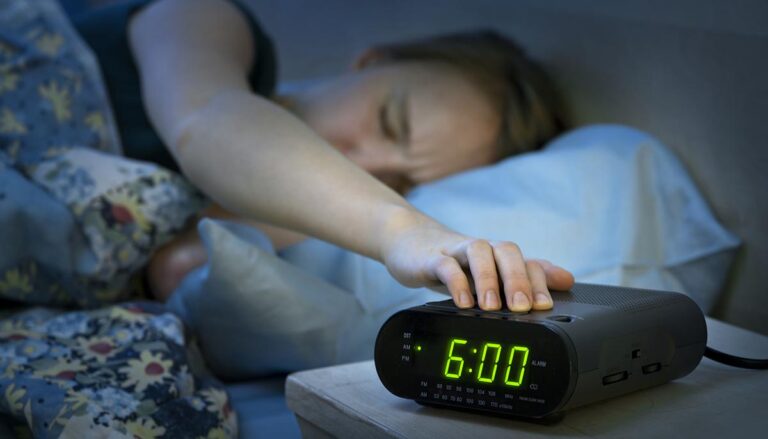A bill to make Daylight Saving Time (DST) permanent has been reintroduced in the Senate after a measure failed in the House last year, while sleep physicians and experts appear to support permanent Standard Time instead.
Daylight Saving Time: What the experts say about the effect on health
Twice a year, most US states participate in “Daylight Saving Time,” moving the clock to “spring forward” one hour in spring to take advantage of maximizing daylight hours, then changing the clocks again to “fall back” one hour back to “Standard Time” in the fall, November through mid-March.
It’s worth noting that the states of Arizona and Hawaii do not participate in Daylight Saving Time.
Sleep physicians and experts are divided on the issue along different lines, such as whether we should move the clocks at all and on the issue of permanent DST.
According to a blog post by a sleep health physician and sleep scientist at the Dallas Sleep Center, the group says they “strongly support eliminating DST because of the harmful effects it has on Americans for at least two weeks following the event every year. And that doesn’t even include all of the deaths and injuries that occur because of the spike in sleep deprivation and decrease in cognitive function during this period.”
Further, the group says that DST disproportionately affects children, who require more sleep the younger they are, as well as older people 65 years and up, who are more likely to be affected by the health risks associated with DST.
Sleep experts seem to favor permanent Standard Time, not DST
Shelby Harris, a licensed clinical psychologist and director of sleep health at Sleepopolis, is against the idea of a permanent DST and advocates for permanent Standard Time instead, CNBC reports.
“That idea is terrible for our bodies,” Harris said. “The reality is that standard time is much more in alignment with what our bodies should be doing. Our body’s natural circadian clock, for the majority of people, is set along with standard time.”
Jennifer Martin, a licensed clinical psychologist and president of the AASM, issued a statement advocating that permanent Standard Time “is the best option for our health and well-being.”
“Between March and November your body gets less morning light and more evening light, which can throw off your circadian rhythm,” says Dr. Phyllis Zee, director of the Center for Circadian and Sleep Medicine at Northwestern University’s Feinberg School of Medicine, who also opposes permanent Daylight Saving Time, CNN reported.
“I’m one of the many sleep experts that knows it’s a bad idea,” says Dr. Elizabeth Klerman, a professor of neurology in the division of sleep medicine at Harvard Medical School. “Your body clock stays with (natural) light not with the clock on your wall. And there’s no evidence that your body fully shifts to the new time.”
Senate considering a bill to make DST permanent
Last year, Senator Marco Rubio (R-FL) introduced the “Sunshine Protection Act” in an effort to make daylight saving time permanent. The bill passed unanimously in the Senate in March but hit a brick wall in the House, with both House Speaker Nancy Pelosi and Rep. Frank Pallone (D-NJ), the chairman of the House Energy and Commerce Committee, saying it would not be a priority due to the current session schedule, CNN reported.
Last week, Sen. Marco Rubio introduced a similar bill entitled the “Sunshine Protection Act of 2023,” which reportedly has bipartisan support in the Senate, The Hill reported.





